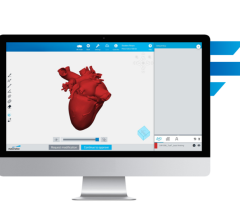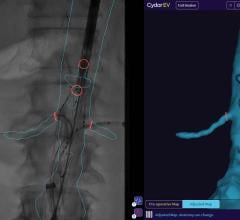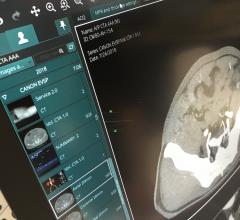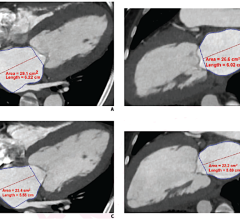February 19, 2015 — At the SPIE Medical Imaging Conference, ContextVision exhibited results from research conducted in collaboration with Texas Instruments and High Performance Consulting on 3-D adaptive filtering for improved image quality on portable medical devices. Björn Norell, research scientist at ContextVision, presented the findings.
Adaptive filtering is a context-based technology for noise reduction and feature enhancement. Unlike other methods, it first evaluates the contents of the image in the neighborhood of every point before deciding what combination of filtering techniques is best applicable for optimal image quality. This thorough analysis of the contents of the image makes it highly compute-intensive, and new research shows new potential.
“By designing innovative algorithms, selecting state-of-the-art hardware platforms and corresponding high performance computing techniques, this research shows it’s possible to achieve with portable devices the image quality that was once only available on golden reference workstations,” said Norell. “The growing interest in handheld devices in the point-of-care concept speaks to the importance of this research and the value portability brings to the industry.”
“The medical imaging industry is currently experiencing an increase in demand for handheld imaging devices, such as tablets,” said Olivier Bockenbach, the design architect and senior systems engineer at ContextVision. “In order to operate on these devices, traditional approaches for image processing don’t translate well. As such, to meet this demand and achieve the required footprint for the software, the core of the algorithms must use leading-edge mathematical models.”
For more information: www.contextvision.com

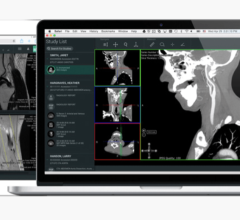
 February 01, 2024
February 01, 2024 
